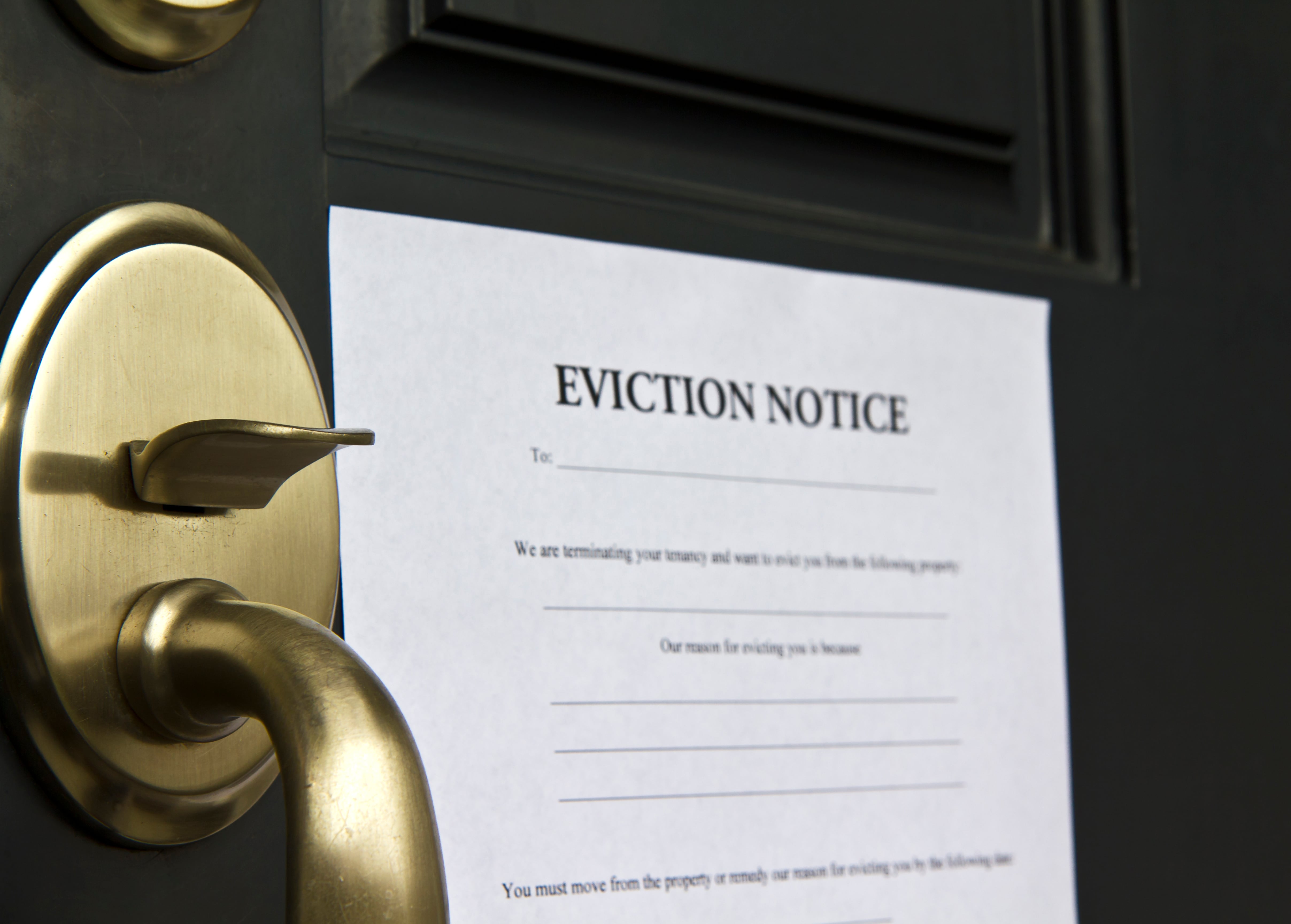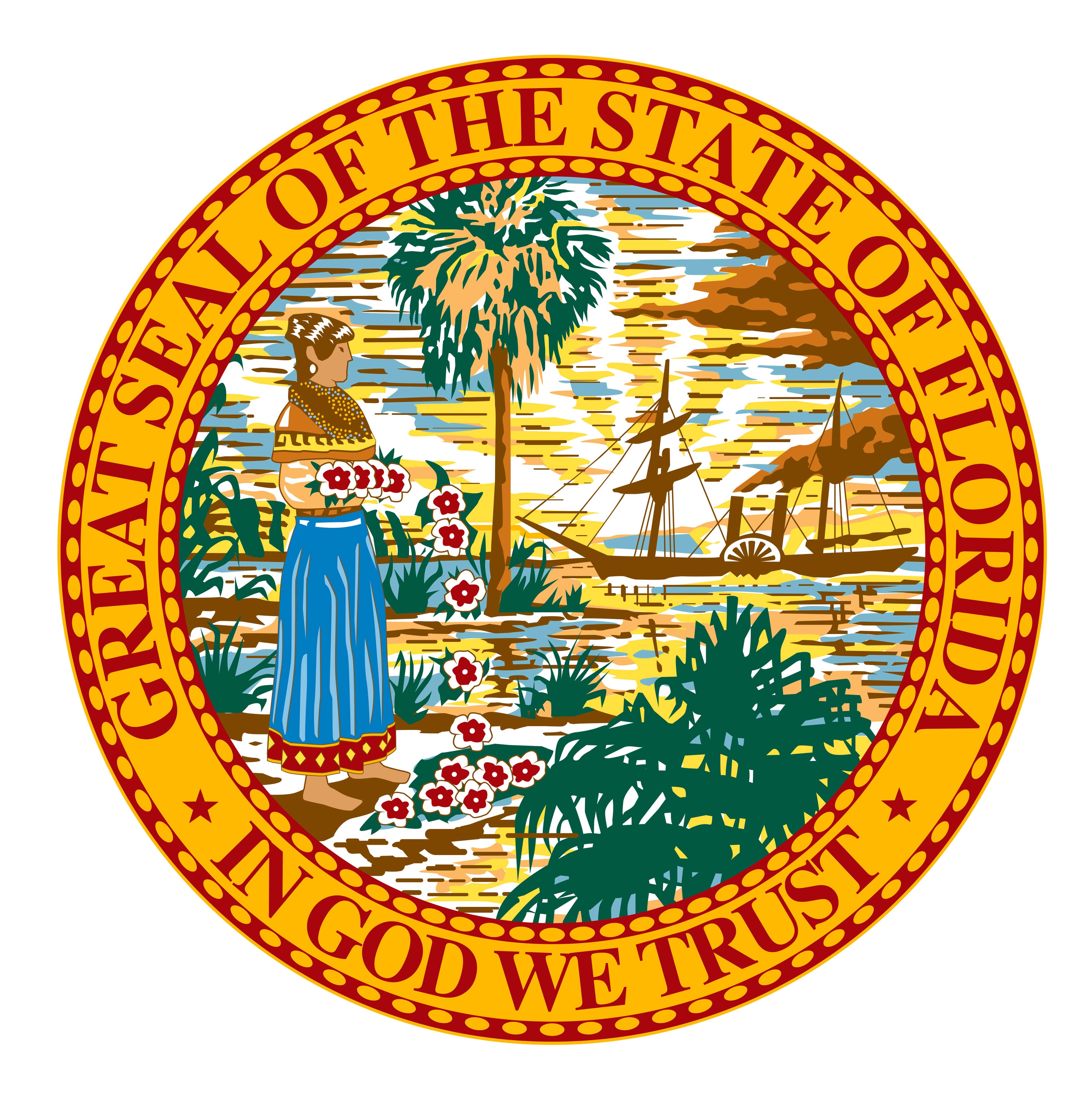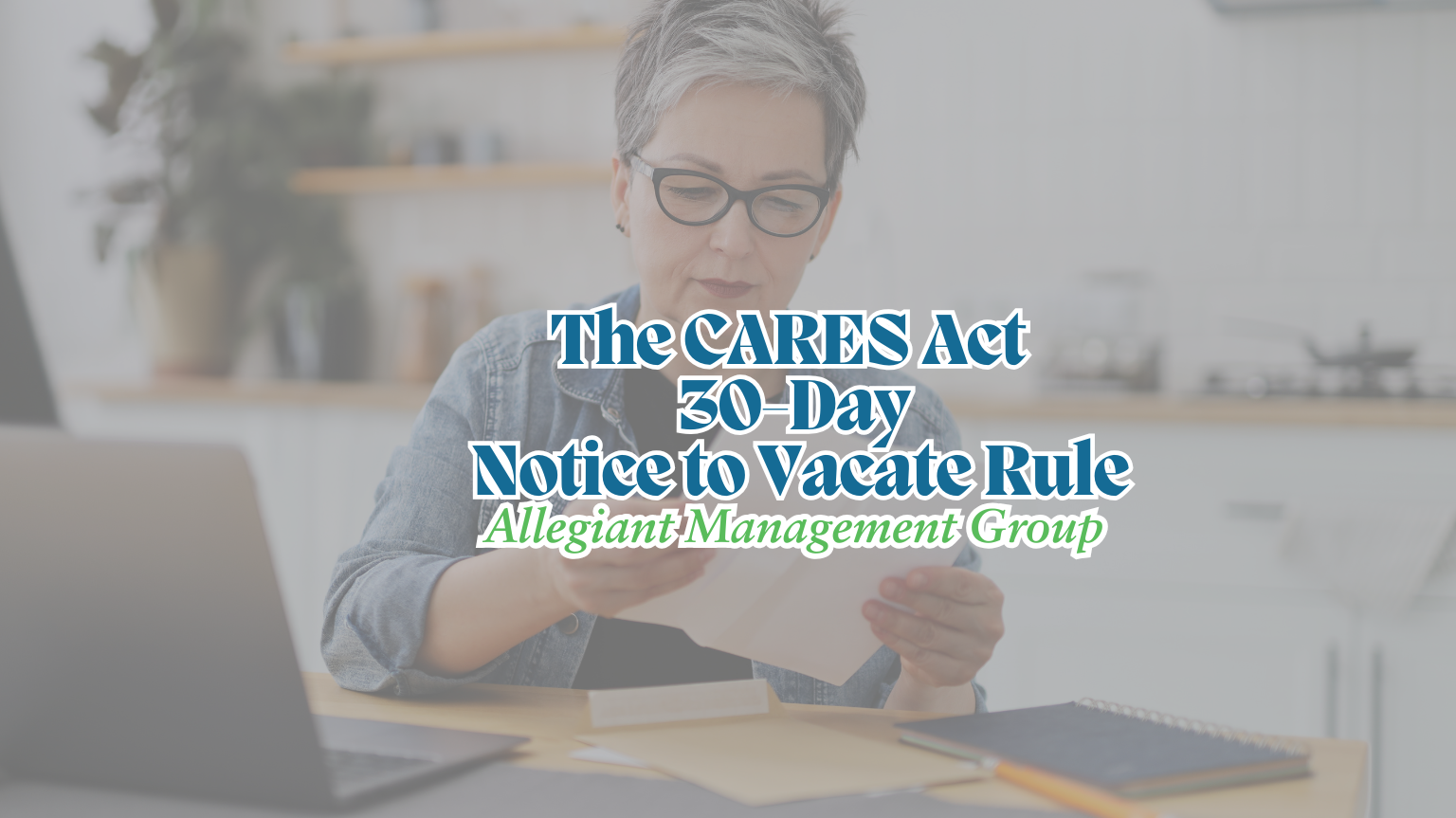The CARES Act 30-Day Notice to Vacate Rule: What You Need to Know

When the CARES Act (Coronavirus Aid, Relief, and Economic Security Act) was signed into law on March 27 2020, it introduced several tenant protections during the COVID-19 pandemic, including a requirement for landlords to provide 30 days’ notice before filing for eviction in federally backed properties.
Separate from the coronavirus relief fund. While many assume that this provision has expired, the final rule in effect is the 30-day notice requirement which remains in effect for covered properties.
For United States property owners, property managers, and tenants, understanding the economic security act CARES is essential to ensuring compliance and avoiding legal disputes when handling evictions.
What Is the 30-Day Notice to Vacate Requirement?

The CARES Act requires landlords of federally backed properties (those with mortgages backed by Fannie Mae, Freddie Mac, HUD, VA, or USDA) to provide at least 30 days’ written notice to tenants before proceeding with an eviction for non-payment of rent.
Unlike many state laws that allow shorter eviction notices (such as 3-day or 7-day notices), this federal rule takes precedence for covered properties, meaning landlords must comply with the 30-day notice period before filing an eviction.
Who Does This Rule Apply To?
This provision applies to rental properties with federally backed financing, including:
✔️ Fannie Mae- and Freddie Mac-backed mortgages
✔️ HUD, VA, or USDA-financed properties
✔️ Low-Income Housing Tax Credit (LIHTC) properties
✔️ Public housing and certain federally subsidized rental programs
If a property is not federally backed, landlords follow state and local eviction laws, which may require shorter notice periods.
Why Is the 30-Day Notice Rule Still in Effect?

Unlike other CARES Act provisions that sunsetted, such as the federal eviction moratorium, the 30-day notice requirement was not given an expiration date. Courts have interpreted this to mean that the rule remains in force for covered properties unless Congress explicitly repeals it.
Despite this, some landlords are unaware that this rule still applies, leading to improper eviction notices that can be challenged in court.
Implications for Landlords and Property Managers
For landlords and property managers handling evictions in federally backed properties, compliance with the 30-day notice rule is crucial. Failure to follow this requirement can result in:
⚠️ Delayed evictions – Courts may dismiss eviction filings if the proper 30-day notice was not provided.
⚠️ Legal challenges from tenants – Tenants can argue that shorter eviction notices violate federal law.
⚠️ Financial losses – Non-compliance can extend the eviction timeline, increasing costs for landlords.
Best Practices for Landlords

✅ Confirm whether your property is federally backed – Check your mortgage status or work with a property management company to verify compliance.
✅ Provide a clear 30-day notice – Ensure the eviction notice includes the required timeframe before filing with the court.
✅ Follow state and local laws – While federal law mandates 30 days, state laws may impose additional tenant protections.
What Tenants Need to Know

For renters in federally backed properties, the 30-day notice requirement remains an important protection. If you receive an eviction notice for non-payment of rent, you should:
📌 Verify your property’s status – If your rental falls under the CARES Act, ensure you are given the full 30-day notice.
📌 Understand your rights – Consult local tenant advocacy groups or legal resources to challenge improper notices.
📌 Communicate with your landlord – If you’re struggling with rent, discussing payment plans may help avoid eviction.
Florida’s Compliance with the CARES Act 30-Day Notice Rule

In Florida, landlords of federally backed properties (Fannie Mae, Freddie Mac, HUD, VA, USDA) must provide 30 days’ notice before filing for eviction due to non-payment of rent, as required by the CARES Act.
This overrides Florida’s standard 3-day notice for covered properties, and failure to comply may result in eviction case dismissals or sanctions from the inspector general.
Landlords should verify their mortgage status to ensure proper notice periods. If a rental is not federally backed, Florida’s 3-day eviction notice applies. Tenants in covered properties have the right to challenge evictions if the required 30-day notice isn’t given.
To avoid legal issues, landlords should follow both state and federal laws or consult a property management professional.
Final Thoughts: Navigating the CARES Act Eviction Notice Rule
The 30-day notice to vacate requirement under the CARES Act remains in effect for federally backed rental properties, and small business landlords must ensure compliance to avoid legal complications.
For landlords and property managers, staying updated on federal, state, and local eviction laws is essential to maintaining a legally sound and fair leasing process.
For tenants, knowing your rights under the CARES Act can provide valuable time to find housing assistance or resolve disputes before facing eviction.
Take Action Today: Ask Congress to Support The Respect State Housing Laws Act
On February 6, 2025, lawmakers in both the House and Senate reintroduced the Respect State Housing Laws Act (S. 470/H.R. 1078), a federal proposal designed to eliminate the CARES Act’s notice to vacate requirement.
Led by Representatives Barry Loudermilk (R-Ga.-11) and Vicente Gonzalez (D-Texas-34), along with Senators Bill Hagerty (R-Tenn.) and Cindy Hyde-Smith (R-Miss.), the bill aims to return eviction notice regulations to state jurisdiction, ensuring local governments have control over their housing policies.
This will is supported by the National Association of Residential Property Managers.
🚨🚨🚨🚨Please click here to take action today to ask Congress to support the Respect State Housing Laws Act! 🚨🚨🚨🚨
Need Help Navigating Rental Laws?
At Allegiant Management Group, we specialize in Florida property management and ensuring compliance with state and federal regulations, including the CARES Act 30-day notice rule. If you’re a landlord or investor unsure how this impacts your rental, we’re here to help.
With expert guidance and hands-on support, we streamline eviction procedures, lease enforcement, and tenant management to protect your investment. Stay compliant and avoid costly legal mistakes. Contact us today to ensure your rental property operates smoothly and legally.
Frequently Asked Questions (FAQs): CARES Act 30-Day Notice to Vacate Rule
What is the CARES Act 30-day notice to vacate rule?
The CARES Act requires landlords of federally backed properties to provide tenants a 30-day notice to vacate before filing for eviction due to nonpayment. This rule applies to properties with FHA, VA, USDA, Fannie Mae, or Freddie Mac financing and remains in effect despite the act’s broader eviction moratorium ending.
Does the 30-day notice rule apply to all rental properties?
No, the 30-day notice rule under the CARES Act applies only to federally backed rental properties (FHA, VA, USDA, Fannie Mae, or Freddie Mac). Private landlords without federal financing follow state and local eviction laws, which may require shorter notice periods.
Is the CARES Act 30-day notice rule still in effect?
Yes, the CARES Act 30-day notice rule remains in effect for federally backed properties, even though the broader eviction moratorium ended in 2021. Courts vary in enforcement, but landlords of FHA, VA, USDA, Fannie Mae, or Freddie Mac properties must still provide a 30-day notice before eviction.
What happens if a landlord does not provide 30 days’ notice?
If a landlord fails to provide the required 30-day notice under the CARES Act, the eviction case may be dismissed in court. Tenants can use this violation as a defense, and landlords may need to restart the eviction process with proper notice. Enforcement varies by jurisdiction.
How can landlords check if their property is federally backed?
Landlords can check if their property is federally backed by:
- Searching the Fannie Mae and Freddie Mac lookup tools.
- Reviewing loan documents for FHA, VA, or USDA guarantees.
- Contacting their loan servicer.
Does the CARES Act protect tenants from all evictions?
No, the CARES Act only protects tenants in federally backed properties from eviction for nonpayment of rent. It does not cover evictions for lease violations or criminal activity. The Act’s eviction moratorium expired, but some protections may still apply through state or local laws.
Do state laws override the 30-day notice rule?
Yes, state laws can override the CARES Act 30-day notice rule if they provide greater tenant protections. However, if state laws allow shorter notices, landlords in federally backed properties must still follow the 30-day requirement before eviction for nonpayment.
Does this rule apply to lease terminations or only evictions?
The CARES Act 30-day notice rule applies only to evictions for nonpayment of rent in federally backed properties. It does not apply to lease terminations for other reasons, such as lease expiration or violations unrelated to rent payment.
Can landlords charge late fees under the CARES Act?
No, the CARES Act prohibited landlords of federally backed properties from charging late fees or penalties for nonpayment of rent during its eviction moratorium. However, this protection has expired, and landlords can now charge late fees unless restricted by state or local laws.
What should tenants do if they receive an eviction notice for less than 30 days?
Tenants in federally backed properties who receive an eviction notice for less than 30 days should:
- Verify if their property is federally backed.
- Check state and local tenant protection laws.
- Seek legal help from tenant advocacy groups or legal aid services.
- Communicate with their landlord to resolve issues.
Disclaimer: This content is for information purposes only and does not constitute legal advice. For specific guidance, consult a licensed real estate attorney.
Blog Updated: 03/10/2025



